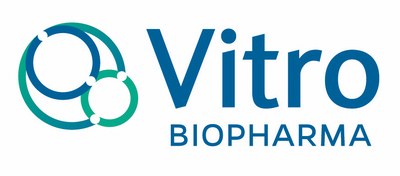Exosomes Secreted by the Cocultures of Normal and Oxygen–Glucose‐Deprived Stem Cells Improve Post‐stroke Outcome
Koteswara Rao Nalamolu · Ishwarya Venkatesh · Adithya Mohandass · Jeffrey D. Klopfenstein · David M. Pinson · David Z. Wang · Adinarayana Kunamneni · Krishna Kumar Veeravalli
Received: 25 March 2019 / Accepted: 2 May 2019 / Published online: 10 May 2019 © Springer Science+Business Media, LLC, part of Springer Nature 2019
Abstract
Emerging stroke literature suggests that treatment of experimentally induced stroke with stem cells offered post-stroke neuroprotection via exosomes produced by these cells. Treatment with exosomes has great potential to overcome the limita- tions associated with cell-based therapies. However, in our preliminary studies, we noticed that the exosomes released from human umbilical cord blood-derived mesenchymal stem cells (MSCs) under standard culture conditions did not improve the post-stroke neurological outcome. Because of this apparent discrepancy, we hypothesized that exosome characteristics vary with the conditions of their production. Specifically, we suggest that the exosomes produced from the cocultures of regular and oxygen–glucose-deprived (OGD) MSCs in vitro would represent the exosomes produced from MSCs that are exposed to ischemic brain cells in vivo, and offer similar therapeutic benefits that the cell treatment would provide. We tested the efficacy of therapy with exosomes secreted from human umbilical cord blood (HUCB)-derived MSCs under in vitro hypoxic condi- tions on post-stroke brain damage and neurological outcome in a rat model of transient focal cerebral ischemia. We performed the TTC staining procedure as well as the neurological tests including the modified neurological severity scores (mNSS), the modified adhesive removal (sticky-tape), and the beam walking tests before ischemia and at regular intervals until 7 days reperfusion. Treatment with exosomes obtained from the cocultures of normal and OGD-induced MSCs reduced the infarct size and ipsilateral hemisphere swelling, preserved the neurological function, and facilitated the recovery of stroke-induced rats. Based on the results, we conclude that the treatment with exosomes secreted from MSCs at appropriate experimental conditions attenuates the post-stroke brain damage and improves the neurological outcome.

